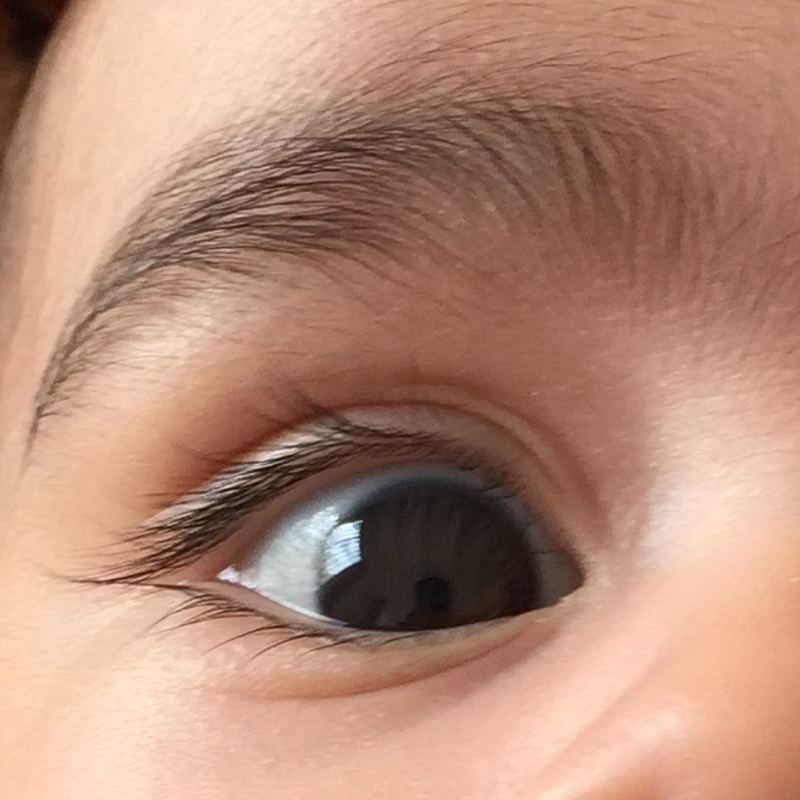Good eye vision is a key to a child succeeding in school. A child may be oblivious to the fact that he or she may have a vision problem for the simple reason that they think the way they see is the same as everyone sees. A child’s eyes are constantly in use during class and at play – looking at the chalkboard, reading, writing and using computers are tasks which they perform daily.
When certain visual skills are poorly developed learning is difficult and stressful. The child may experience discomfort, fatigue and may have a short attention span. He or she may attempt to do the school work anyway but it will be done with a lowered level of efficiency or comprehension.
The following are signs that may indicate that a child has a vision problem:
- Short attention span
- Frequent eye rubbing or blinking
- Losing place while reading
- Covering one eye
- An eye turning in or out
- Holding reading materials close to the face
- Seeing double
- Tilting the head to one side
If your child displays any of the above signs, he or she should receive an eye examination by an optometrist or opthalmologist. Your childs vision can occur without you or your child noticing them therefore your child should also receive an eye examination at least once every two years or more frequently if specific problems or risk factors exist. The earlier a problem is detected the more likely treatment will be successful. The healthcare provider may prescribe treatment including spectacles, contact lenses or even vision therapy to correct any vision problems.
If it is recommended that your child wears glasses, get him or her involved in selecting the eyewear. If he gets to choose the frame he is more likely to wear the glasses. Also make sure that the frames you or he chooses are fitted properly and that they are comfortable.
If you choose the contact lenses route, consider the maturity of your child. The child would need to be responsible enough to clean the lenses each day and make sure that they are put in appropriately.
Talk to your healthcare provider or ophthalmologist for more information about children and vision problems.
